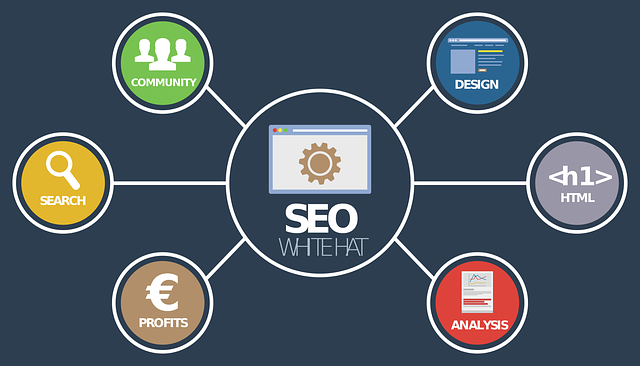AI chatbots transform rental property management by handling tasks from inquiries to lease agreements and maintenance requests. Multilingual communication breaks barriers for international tenants. AI legal clause flagging systems scan contracts, identify issues, ensure compliance, reduce disputes, and enhance transparency. However, implementing these systems requires careful consideration of data privacy regulations and anti-discrimination laws, demanding collaboration between developers and legal experts.
“The future of real estate management is here with the integration of AI in long-term rental property services. This innovative technology, particularly multilingual chatbots, is revolutionizing tenant communication and support. As properties embrace AI-driven flagging systems for efficient maintenance and issue resolution, this article explores the impact on rental operations. We delve into how these systems streamline processes, while also addressing critical legal considerations surrounding AI usage, including clauses to ensure fair and compliant practices in a rapidly evolving industry.”
- AI Revolutionizes Rental Property Management
- Multilingual Chatbots: Streamlining Tenant Communication
- Legal Considerations in AI-Driven Flagging Systems
AI Revolutionizes Rental Property Management

The integration of artificial intelligence (AI) in rental property management is ushering in a new era of efficiency and accuracy, revolutionizing how landlords and tenants interact with each other. AI chatbots are now equipped to handle a multitude of tasks, from initial property inquiries to managing lease agreements and handling maintenance requests. These virtual assistants can communicate in multiple languages, breaking down barriers for international tenants and expanding the rental market for property owners.
One of the most significant advancements is the use of AI legal clause flagging systems. These innovative tools scan and analyze rental contracts, identifying potentially problematic areas or discrepancies. By automating this process, landlords can ensure compliance with various legal requirements, reduce the risk of disputes, and provide tenants with a transparent understanding of their rights and obligations. This level of precision and transparency is transforming the rental experience into a smoother, more reliable process for all involved parties.
Multilingual Chatbots: Streamlining Tenant Communication

Multilingual chatbots are transforming the way property managers and tenants communicate, especially in the context of long-term rentals. By implementing AI-powered chatbots that support multiple languages, landlords can efficiently address a diverse tenant base. These chatbots streamline communication by providing quick responses to common inquiries, from lease agreements and move-in procedures to maintenance requests and billing questions.
One significant advantage is their ability to flag and highlight important legal clauses within rental contracts. Using AI, these chatbots can ensure tenants are well-informed about their rights and obligations, reducing potential disputes. This feature, coupled with multilingual support, enhances accessibility and inclusivity, fostering a positive tenant experience that goes beyond traditional customer service.
Legal Considerations in AI-Driven Flagging Systems

When implementing AI-driven flagging systems in long term rental processes, it’s crucial to consider the legal implications. These systems, often relying on complex algorithms and multilingual communication, must adhere to stringent data privacy regulations such as GDPR or CCPA. Developers and businesses must include comprehensive AI legal clauses to protect user data and ensure transparency. This is essential to maintain compliance and avoid potential legal pitfalls.
Moreover, language processing capabilities in these chatbots should be designed with bias mitigation in mind, adhering to anti-discrimination laws. The AI must be trained on diverse datasets to prevent any form of unfair treatment based on nationality, race, or ethnicity. Regular audits and updates are necessary to ensure the system remains compliant as legal landscapes evolve, making it a continuous process that requires dedication from developers and legal experts alike.
AI is transforming rental property management, with multilingual chatbots offering efficient tenant communication and AI-driven flagging systems streamlining processes. However, it’s crucial to address legal considerations, including data privacy and non-discrimination clauses, as these innovative tools become more integrated into the industry. By navigating these aspects, the future of long-term rentals can leverage the benefits of AI while ensuring fairness and compliance.
